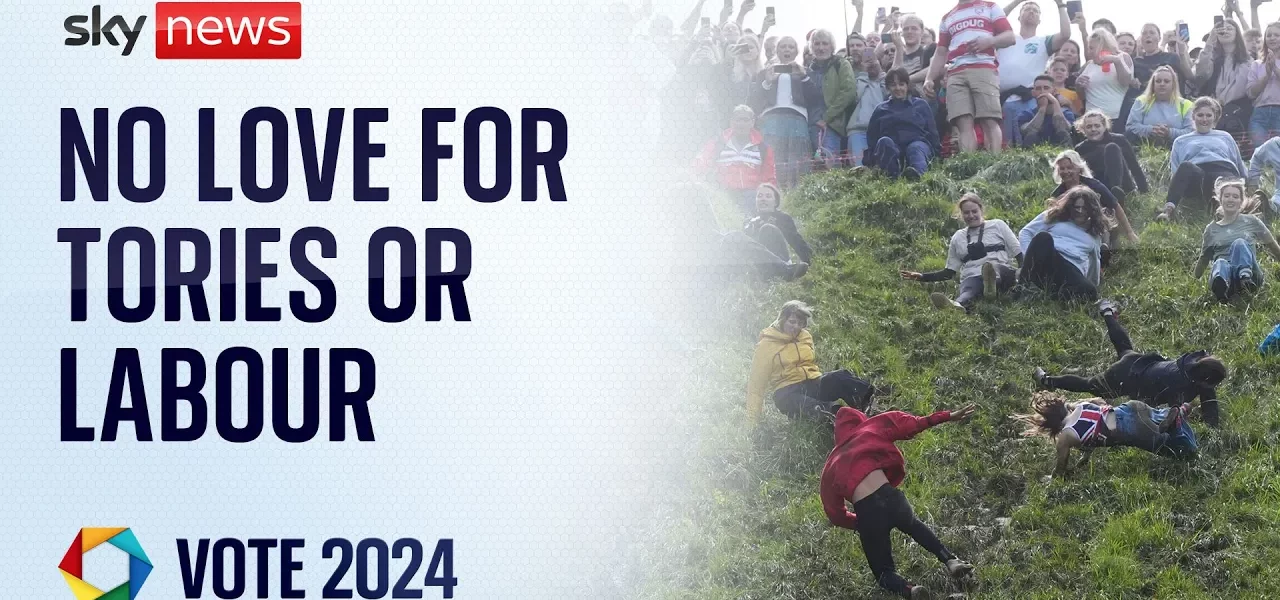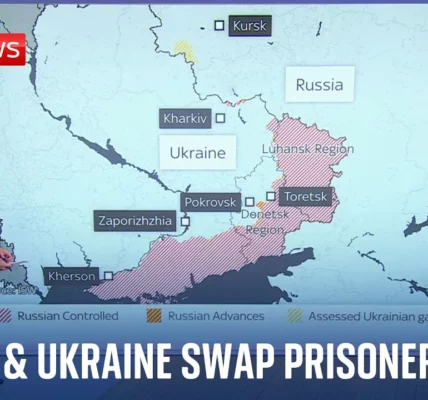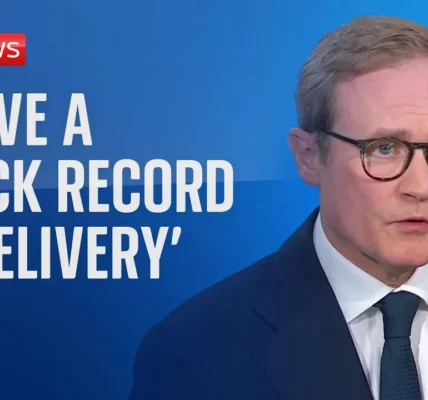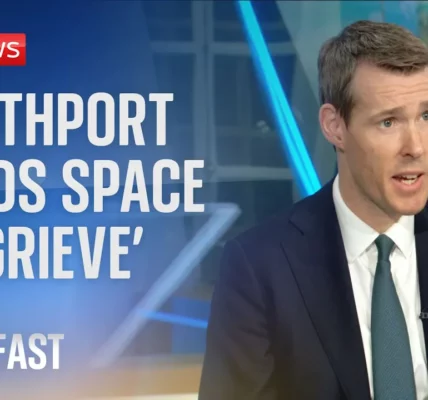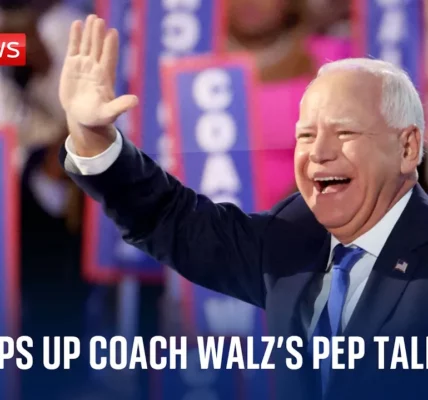Cooper’s Hill: Risk and Survival in the Political Landscape

In the heart of Cooper’s Hill, the annual GLER pilgrimage exemplifies the themes of risk and survival, mirroring the fierce competition of the upcoming general election. As participants race down the hill, the stakes are high, much like in politics where winning support is crucial for securing power. This article delves into the intricacies of both the GLER event and the current political climate, particularly focusing on the voices from rural areas.
Introduction to Cooper’s Hill and Its Significance
Cooper’s Hill, renowned for its traditional cheese-rolling event, serves as a backdrop for a deeper reflection on societal issues, particularly in the context of the approaching general election. The GLER pilgrimage attracts not only thrill-seekers but also politicians eager to gauge public sentiment. As participants tumble down the hill, they embody the chaotic yet exhilarating nature of political campaigning. This article will explore the key concerns of rural communities, including transport costs, environmental policies, and the pressing need for reforms in public services like the NHS.
The Race to the Bottom: Political Survival
The phrase “race to the bottom” aptly describes the current political climate. Just as competitors vie for the cheese at Cooper’s Hill, politicians are in a scramble for voter support. This section examines the various dynamics at play in this electoral arena.
Key Issues Facing Rural Voters
Rural voters have unique challenges that often differ from urban constituents. Key issues include:
- High transportation costs, particularly fuel prices.
- Access to affordable public transport options.
- Concerns regarding environmental policies and sustainability.
- The need for investment in public services such as the NHS.
The Role of Politicians in Addressing These Issues
Politicians must understand and address the specific needs of rural communities. Strategies include:
- Listening to constituents during public events and forums.
- Prioritizing funding for transport and infrastructure.
- Advocating for realistic environmental policies that balance economic and ecological needs.
- Ensuring adequate support for the NHS and public health services.
Public Sentiment and Political Promises
As the general election approaches, public sentiment is critical. This section explores the perceptions of key political figures and their parties.
The Liberal Democrats and Conservative Rivalry
In areas like Cheltenham, the Liberal Democrats are targeting Conservative seats, while Labour aims for a significant swing to gain power. The competition intensifies as:
- Both parties reassess their green policies.
- Voter expectations evolve regarding realistic promises.
- Local issues become focal points in campaigning.
Concerns Over NHS and Public Services
As voters express their views on the NHS, a recurring theme is dissatisfaction with the current government’s management. Many constituents believe:
- The NHS requires urgent reform to address systemic issues.
- Labour may not have all the answers, but there is a lack of confidence in the Conservative approach.
- The focus needs to be on practical solutions rather than unrealistic promises.
Conclusion: The Road Ahead
As the GLER pilgrimage continues to draw attention, it serves as a metaphor for the unpredictable nature of politics. The upcoming general election will be shaped by the voices of rural voters, who prioritize transport, environmental policies, and the NHS. It is clear that politicians must engage meaningfully with these communities to secure their support. The race for power is not merely a competition; it is a call to address the real concerns of citizens. As we move toward election day, it is essential for voters to stay informed and participate actively in the democratic process.
For more insights on political dynamics and rural issues, explore our related articles on rural concerns and political dynamics.
“`
